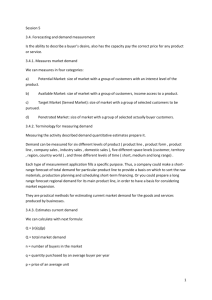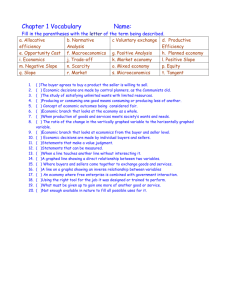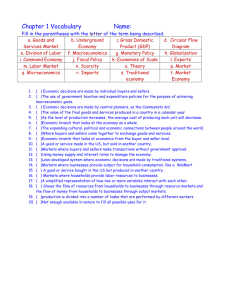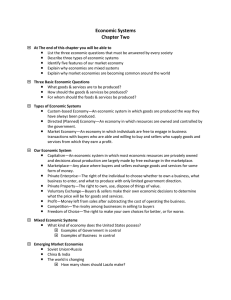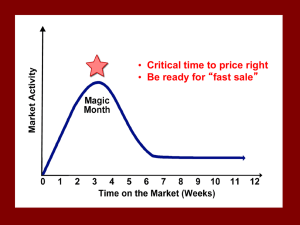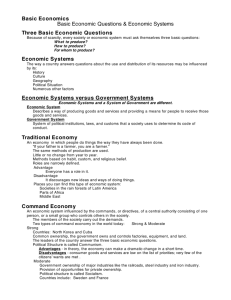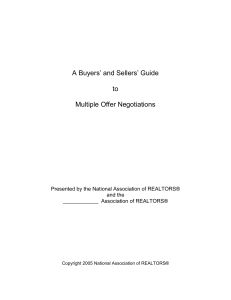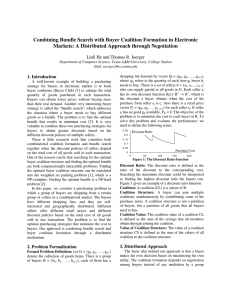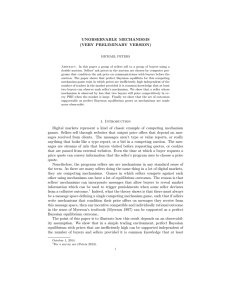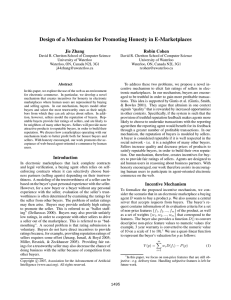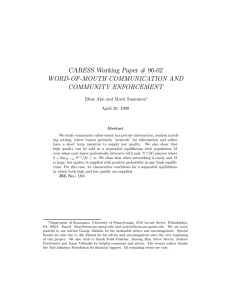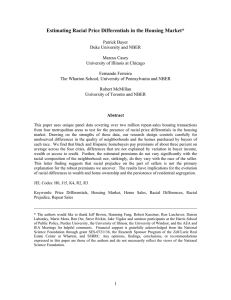After the contract is signed
advertisement
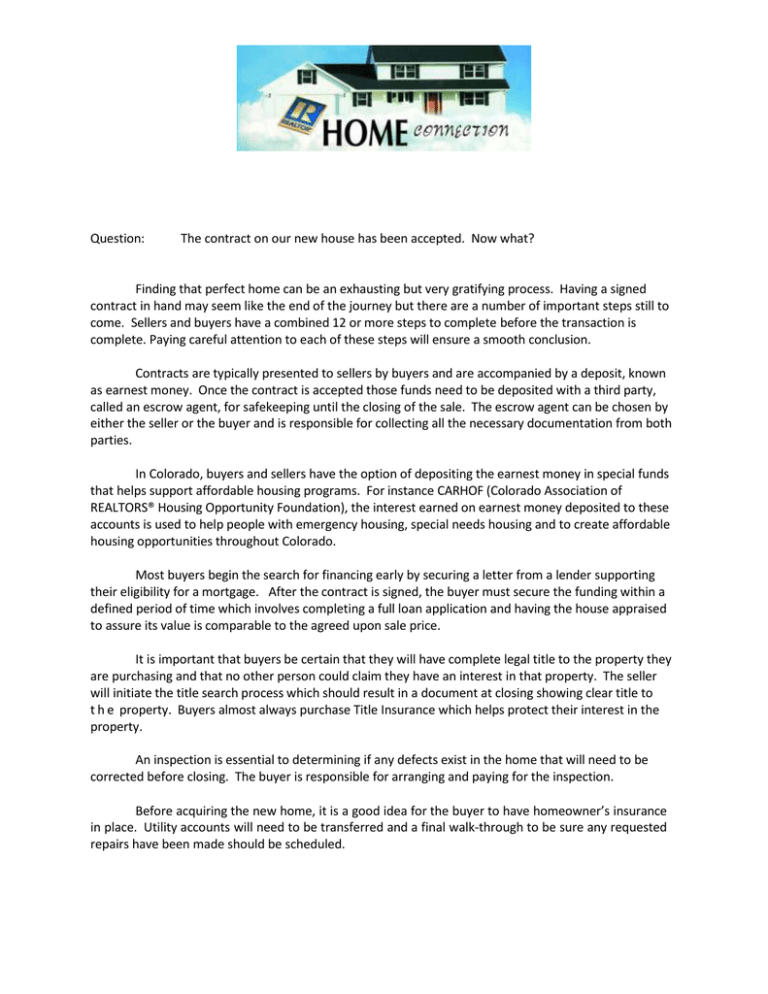
Question: The contract on our new house has been accepted. Now what? Finding that perfect home can be an exhausting but very gratifying process. Having a signed contract in hand may seem like the end of the journey but there are a number of important steps still to come. Sellers and buyers have a combined 12 or more steps to complete before the transaction is complete. Paying careful attention to each of these steps will ensure a smooth conclusion. Contracts are typically presented to sellers by buyers and are accompanied by a deposit, known as earnest money. Once the contract is accepted those funds need to be deposited with a third party, called an escrow agent, for safekeeping until the closing of the sale. The escrow agent can be chosen by either the seller or the buyer and is responsible for collecting all the necessary documentation from both parties. In Colorado, buyers and sellers have the option of depositing the earnest money in special funds that helps support affordable housing programs. For instance CARHOF (Colorado Association of REALTORS® Housing Opportunity Foundation), the interest earned on earnest money deposited to these accounts is used to help people with emergency housing, special needs housing and to create affordable housing opportunities throughout Colorado. Most buyers begin the search for financing early by securing a letter from a lender supporting their eligibility for a mortgage. After the contract is signed, the buyer must secure the funding within a defined period of time which involves completing a full loan application and having the house appraised to assure its value is comparable to the agreed upon sale price. It is important that buyers be certain that they will have complete legal title to the property they are purchasing and that no other person could claim they have an interest in that property. The seller will initiate the title search process which should result in a document at closing showing clear title to t h e property. Buyers almost always purchase Title Insurance which helps protect their interest in the property. An inspection is essential to determining if any defects exist in the home that will need to be corrected before closing. The buyer is responsible for arranging and paying for the inspection. Before acquiring the new home, it is a good idea for the buyer to have homeowner’s insurance in place. Utility accounts will need to be transferred and a final walk-through to be sure any requested repairs have been made should be scheduled. In most cases all of this goes smoothly. However, there can be delays in closing that are avoidable. Some common causes of delays are: Submitting incorrect information on a loan application Missing documents from either the seller or buyer Unknown defects are found in the property Clear title is not available or delayed Dates change to the contract due to vacations and travel The appraisal comes in too low The lender changes interest rates or withdraws funding There are a surprising number of documents involved in buying or selling a home. It is advisable to have a professional REALTOR® involved from the outset of your search to guide and assist you with what is a complicated and important transaction. Many buyers and sellers engage the services of a qualified attorney to review all of the contracts and closing documents involved, as well. ________________________ This article was provided by the Colorado Association of REALTORS®. Additional information about buying and selling real estate is available at www.ColoradoREALTORS.com.



